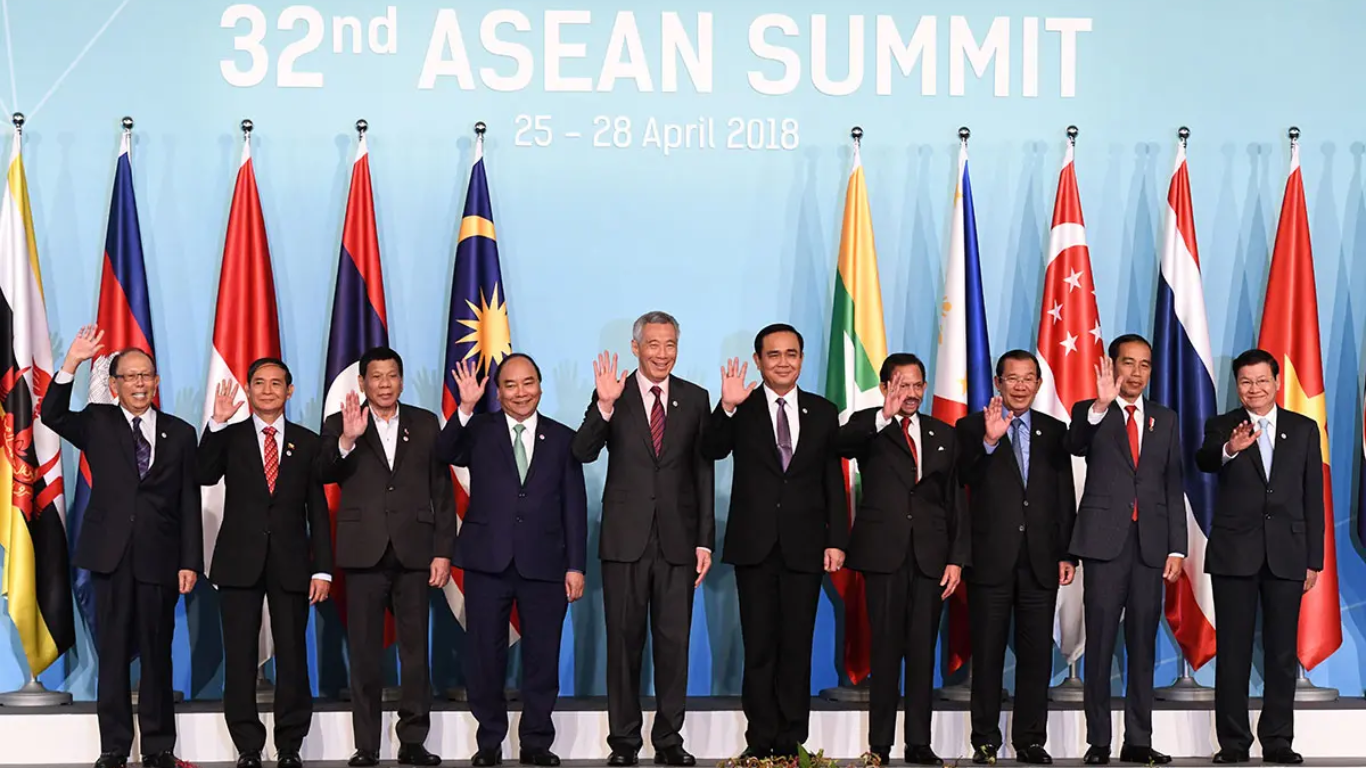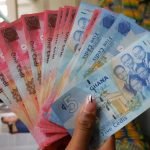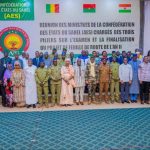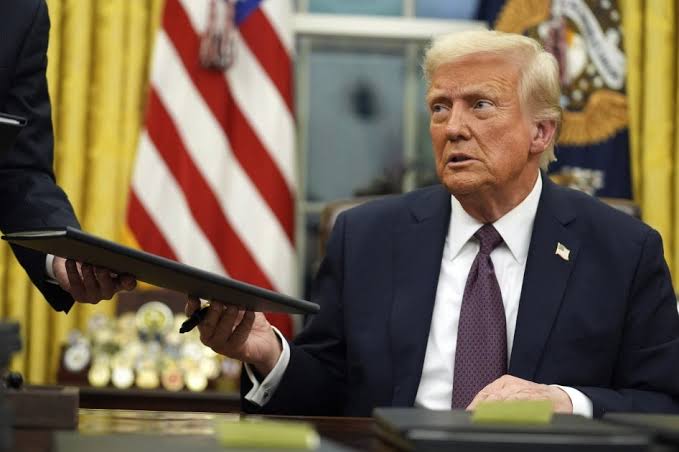
BRICS: ASEAN Countries Set To Boycott U.S. Dollar For Local Currencies

The Association of Southeast Asian Nations (ASEAN), consisting of ten Asian countries, is planning to boycott the U.S. dollar to promote local currencies for cross-border transactions.
In a bid to end its over-reliance on the dollar for global trade, the bloc, including Brunei, Cambodia, Indonesia, Laos, Malaysia, Myanmar, Philippines, Singapore, Thailand, and Vietnam, plans to expand on its $4 trillion economy, but with local currency transaction.
This disclosure followed the International Monetary Fund’s (IMF) confirmation of the pressure rising from the BRICS de-dollarization agenda, as members now conduct business based on their geopolitical alliances with other countries.
In a paper titled ‘Impact of Geopolitics on International Trade and the Dollar’, the IMF stated that BRICS is shifting its global economic policies.
However, the ASEAN move to ditch the dollar is a work in progress, but if and when implemented, the pressure on the dollar will heighten while local currencies will strengthen.
Indonesian President Joko Widodo has since urged other ASEAN bloc members to boycott the dollar for local currencies’ boost.
Meanwhile, the United States maintains a relative de facto power by placing sanctions on countries looking to promote its local currency in the global financial market.
About The Author
Mayowa Durosinmi
author
M. Durosinmi is a West Africa Weekly investigative reporter covering Politics, Human Rights, Health, and Security in West Africa and the Sahel Region
Mayowa Durosinmi
M. Durosinmi is a West Africa Weekly investigative reporter covering Politics, Human Rights, Health, and Security in West Africa and the Sahel Region
Related Articles
Iran’s Strikes on U.S. Bases Expose the Hidden Dangers of Hosting Western Troops — A Warning for Africa as Leaders Like Tinubu Expand U.S. Military Presence
The recent escalation in military tensions between the United States and Iran...
ByWest Africa WeeklyMarch 5, 2026What Do Countries Targeted by the United States Have in Common?
Look at the list. Iran, Palestine, Venezuela, Syria, Iraq, Nigeria, Somalia, Yemen....
ByWest Africa WeeklyMarch 4, 2026Three Doctors Suspended as Medical Council Probes Death of Chimamanda Adichie’s Son
Nigeria’s medical regulatory authority has taken the rare and serious step of...
ByWest Africa WeeklyMarch 4, 2026Night Gunfire Near Presidential Palace Sparks Tension in Ouagadougou
Gunshots were heard late on the night of February 28 into March...
ByWest Africa WeeklyMarch 3, 2026










